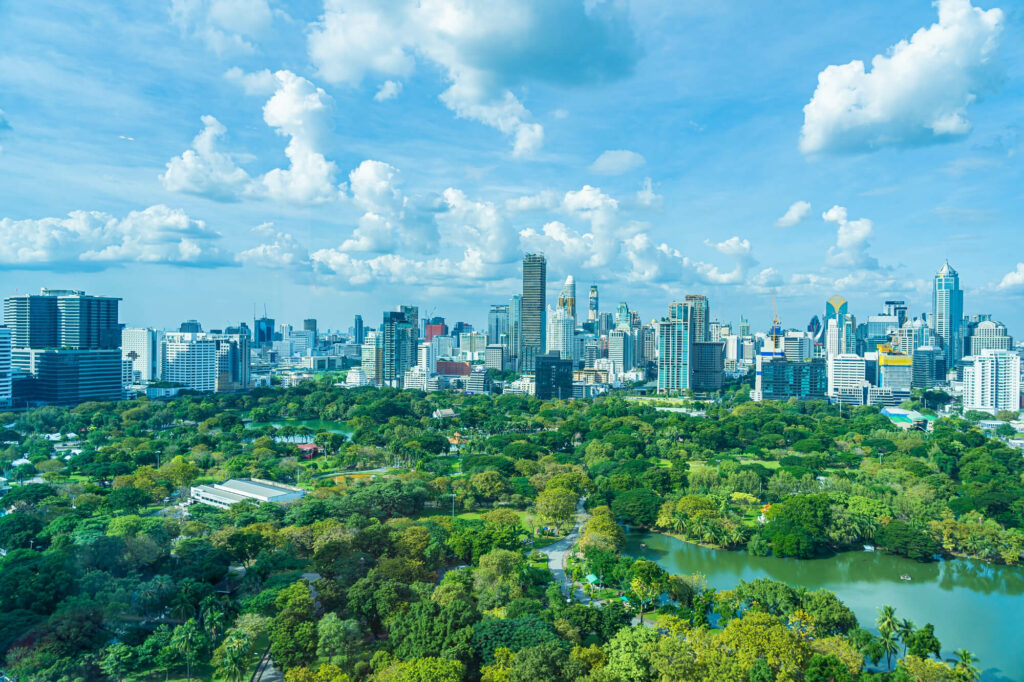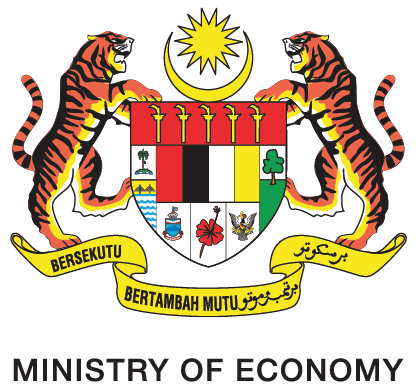About
Key Statistics
CCUS Empowering Economic Benefits
for Malaysia
CCUS Empowering Economic Benefits for Malaysia
GVA
200-250
billion USD
Cumulative Gross Value Added by 2050
Source: PETRONAS
New Job
Creation
New Job Creation
200,000
cumulative per year
Direct and indirect jobs created by 2050
Source: PETRONAS
6 Key Energy Transition Levers
The National Energy Transition Roadmap (NETR) outlines 69 action items encompassing six key energy transition levers: energy efficiency (EE), renewable energy (RE), hydrogen, bioenergy, green mobility and carbon capture, utilisation and storage (CCUS). The NETR initiatives aim to significantly reduce greenhouse gas emissions in Malaysia’s energy sector by 2050.
Compared to the 2019 baseline, these measures are projected to achieve a 32% decrease in emissions. This reduction is expected to bring the per capita emissions down to 4.3 metric tons of carbon dioxide equivalent (MtCO2eq). This initiative marks a major step in Malaysia’s commitment to sustainable energy development and climate change mitigation.
(EE)
Energy
Efficiency
23% industry and commercial energy
efficiency savings
efficiency savings
(RE)
Renewable
Energy
70% RE share of installed
capacity mix
capacity mix
Hydrogen
up to 2.5 MTPA of green
hydrogen production
hydrogen production
Bioenergy
3.5 billion litres of
biofuel capacity
biofuel capacity
Green Mobility
60% share of urban public
transport modal
(CCUS)
Carbon Capture, Utilisation and Storage
3-6 CCUS clusters with 40-80 CO2
storage capacity

6 Key Energy Transition Levers
The National Energy Transition Roadmap (NETR) outlines 69 action items encompassing six key energy transition levers: energy efficiency (EE), renewable energy (RE), hydrogen, bioenergy, green mobility, and carbon capture, utilisation and storage (CCUS). The NETR initiatives aim to significantly reduce greenhouse gas emissions in Malaysia’s energy sector by 2050.
Compared to the 2019 baseline, these measures are projected to achieve a 32% decrease in emissions. This reduction is expected to bring the per capita emissions down to 4.3 metric tons of carbon dioxide equivalent (MtCO2eq). This initiative marks a major step in Malaysia’s commitment to sustainable energy development and climate change mitigation.
(EE)
Energy
Efficiency
23% industry and commercial energy efficiency savings
(RE)
Renewable
Energy
70% RE share of installed
capacity mix
capacity mix
Hydrogen
up to 2.5 MTPA of green
hydrogen production
hydrogen production
Bioenergy
3.5 billion litres of
biofuel capacity
biofuel capacity
Green mobility
60% share of urban public
transport modal.
transport modal.
(CCUS)
Carbon Capture, Utilisation and Storage
3-6 CCUS clusters with 40-80 CO2
storage capacity.
storage capacity.

